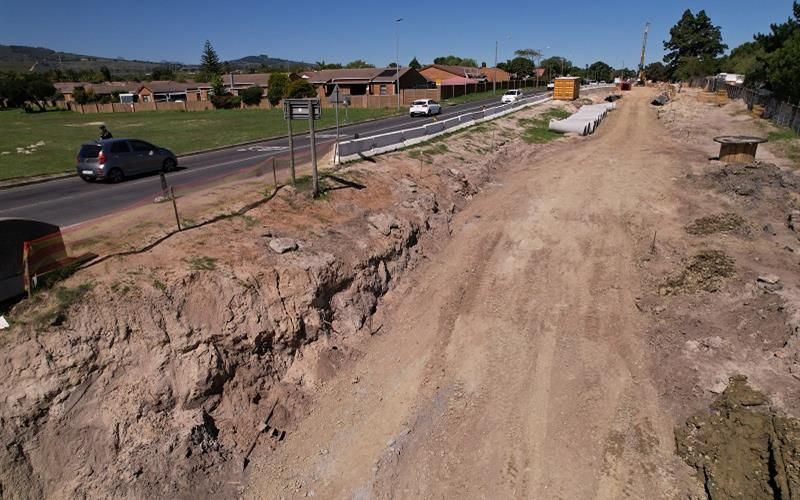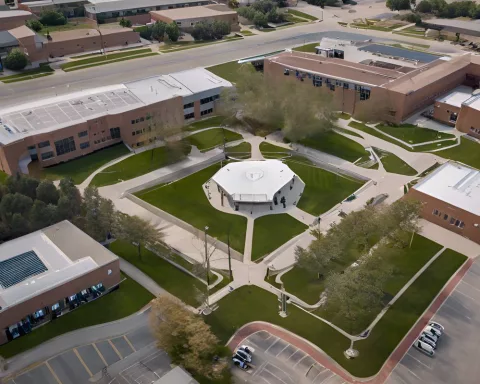The City of Cape Town’s Urban Mobility Directorate has been making significant progress in the upgrade of Amandel Road in Kuils River. This major upgrade project is part of the City’s Congestion Management Strategy, aimed at alleviating traffic congestion across the Bottelary River.
Temporary Road Closure
To facilitate essential roadworks, a temporary road closure will be implemented between Church Street and Waternooientjie Street, starting from Thursday, 25 May 2023. The City will ensure proper signage and detour signs are in place, guiding motorists to Amandel Road via alternative routes.
Minimizing Inconvenience
To minimize inconvenience to the residents, the temporary road closure will be in effect from 09:00 till 15:00 during weekdays. The City urges residents to be patient during this period and appreciate the ongoing efforts to improve mobility in the region.
Upgrade Details
The project includes the extension of the existing dual carriageway on Amandel Road between the Bottelary River bridge and Church Street. The plan also includes the construction of a secondary road-over-river bridge, running parallel to the current bridge across the Bottelary River. Additionally, a separate cycling lane will be implemented from the roundabout at Langverwacht Road through to Soneike Mall.
Contact Information
For additional information, residents can contact the City of Cape Town’s Call Centre at 0860 103 089 or follow @CityofCTAlerts on Twitter.
Commitment to the Community
As the city takes significant strides in improving urban mobility, the Amandel Road upgrade stands as a testament to its commitment to the betterment of the community. The ongoing construction efforts not only aim to ease traffic flow but also ensure the safety of pedestrians and cyclists by providing dedicated cycling lanes.
Additional Projects
In addition to the Amandel Road upgrade, the City of Cape Town has been working on several other urban mobility projects, such as the MyCiTi bus service expansion and the non-motorized transport network enhancement. These efforts collectively contribute to a more accessible and efficient transport network for the city’s residents.
Enhancing Urban Mobility
As the urban population continues to grow, it becomes increasingly crucial for cities to invest in infrastructure developments that cater to the needs of their residents. The City of Cape Town’s Urban Mobility Directorate is committed to addressing these needs and ensuring the city remains a vibrant and connected hub for locals and visitors alike.
Long-Term Benefits
Despite the temporary inconvenience caused by the road closure, the long-term benefits of the Amandel Road upgrade will undoubtedly contribute to improved mobility for the residents of Kuils River and its surrounding areas. Through informed planning and infrastructure investments, the City of Cape Town is taking significant steps towards enhancing the urban mobility experience for all its residents.












